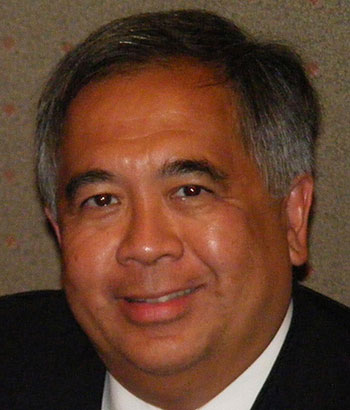Feng Shui Frequently Asked Questions

Dr. Michael Oon
Dr Michael Oon has been a Feng Shui consultant since the early 1990's. Discover how he can transform your surroundings - and your life.
Book for your Free 30-minute Discovery Session worth £300 today.Search this website

